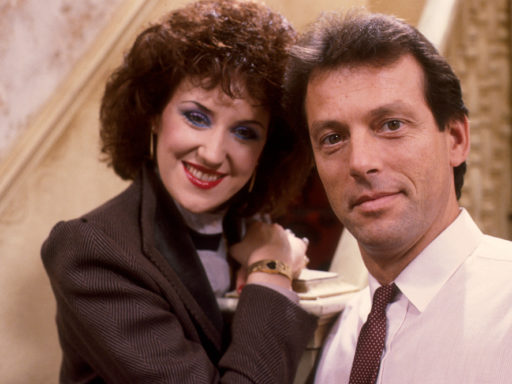
It’s 35 years since the most viewed British TV programme ever* aired. James White takes a look back at an iconic piece of television history.
Our guest authors include researchers and students working with our collection, volunteers, friends of the museum, and representatives of other museums, charities and organisations we work with.

It’s 35 years since the most viewed British TV programme ever* aired. James White takes a look back at an iconic piece of television history.
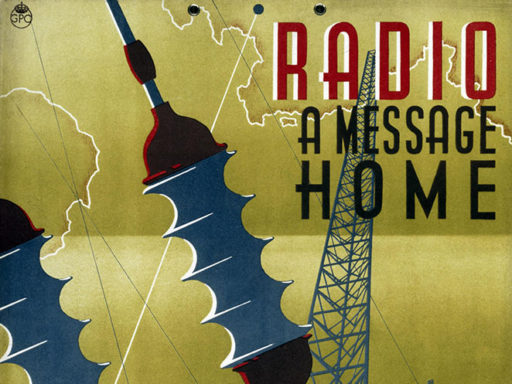
99 years ago this week, on 14 November 1922, the BBC broadcast its first programme, and daily transmission from London’s 2LO studio began.

Following SOPHIE’s tragic death in January 2021, we explore the world of SOPHIE’s music and marvel at the artist’s wild and distinctive way of manipulating soundwaves.
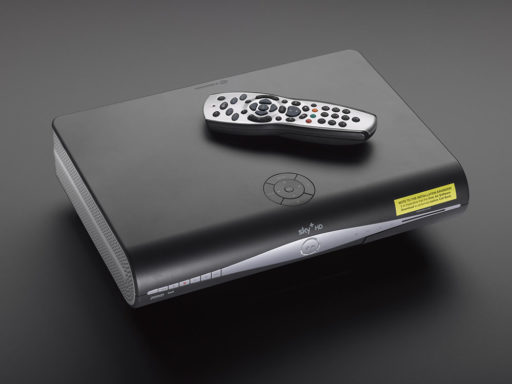
Did you know that images from TV were first recorded to disc in 1927? Read on for a short history of the different ways in which television has been recorded, from mechanical to digital.
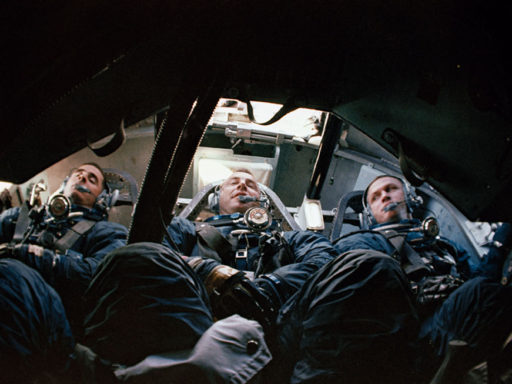
Did you know that astronauts on Apollo missions were issued with tape recorders and could listen to music in space? Jenny Rowan explores the technology (and the crew’s musical choices).

Moving holograms, like those seen in Star Wars: A New Hope, are finally a reality—and, amazingly, they are made using ultrasound. Cara Homes looks at how the technology works.
This year’s Widescreen Weekend includes a tribute to Ennio Morricone. Iva Dobreva looks back on the legendary composer’s life, work and contribution to the use of sound in cinema.
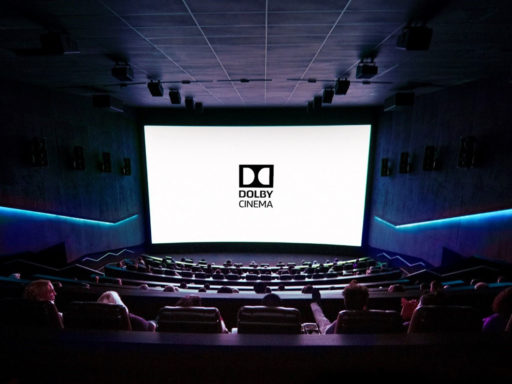
How did we get from the era of silent films to the stereo surround sound of today’s cinemas? Ewan Grainger takes a whistle-stop tour of the history of sound in film.
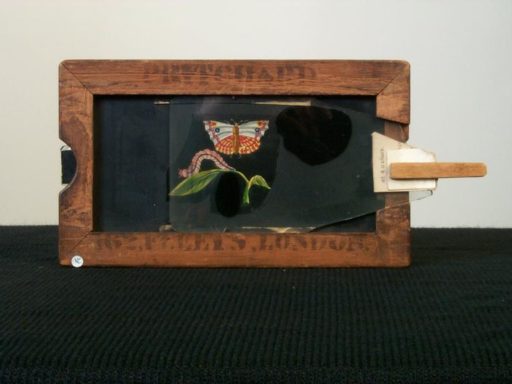
DARE Art Prize winner Redell Olsen writes about her work with our collection.
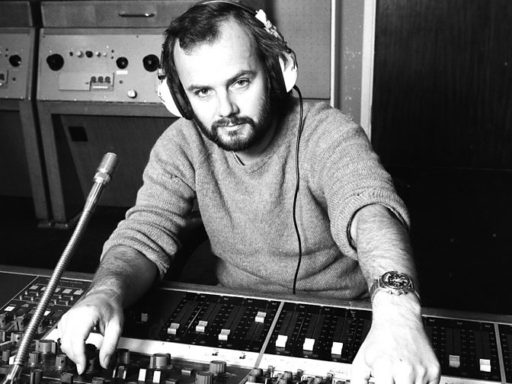
30 August 2021 would have been the 82nd birthday of DJ John Peel. Jenny Rowan takes a look at his influential career as a DJ and his continuing legacy in the world of radio.
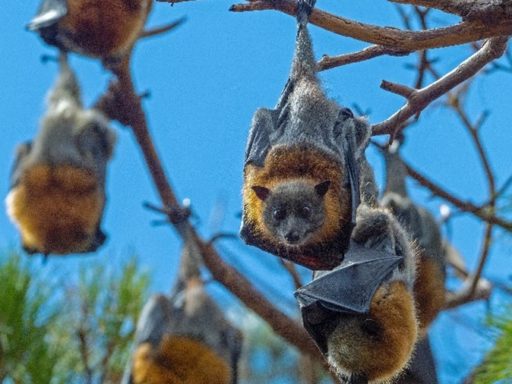
Our ability to communicate through language is unique to our species—but for certain species of animal, sound is used for other purposes, such as navigation and even hunting.
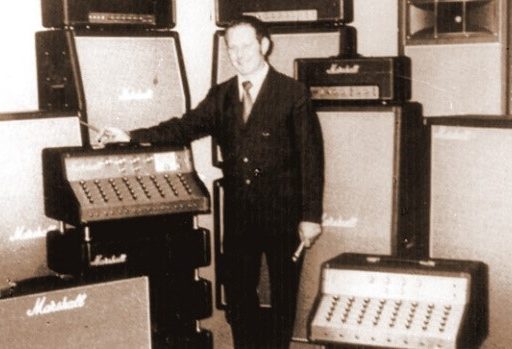
Nicknamed the ‘Father of Loud’, Jim Marshall was a pioneer of the rock ’n’ roll scene in Britain and beyond. To mark the anniversary of his birthday, Harriet Terrington writes about his life and groundbreaking inventions.